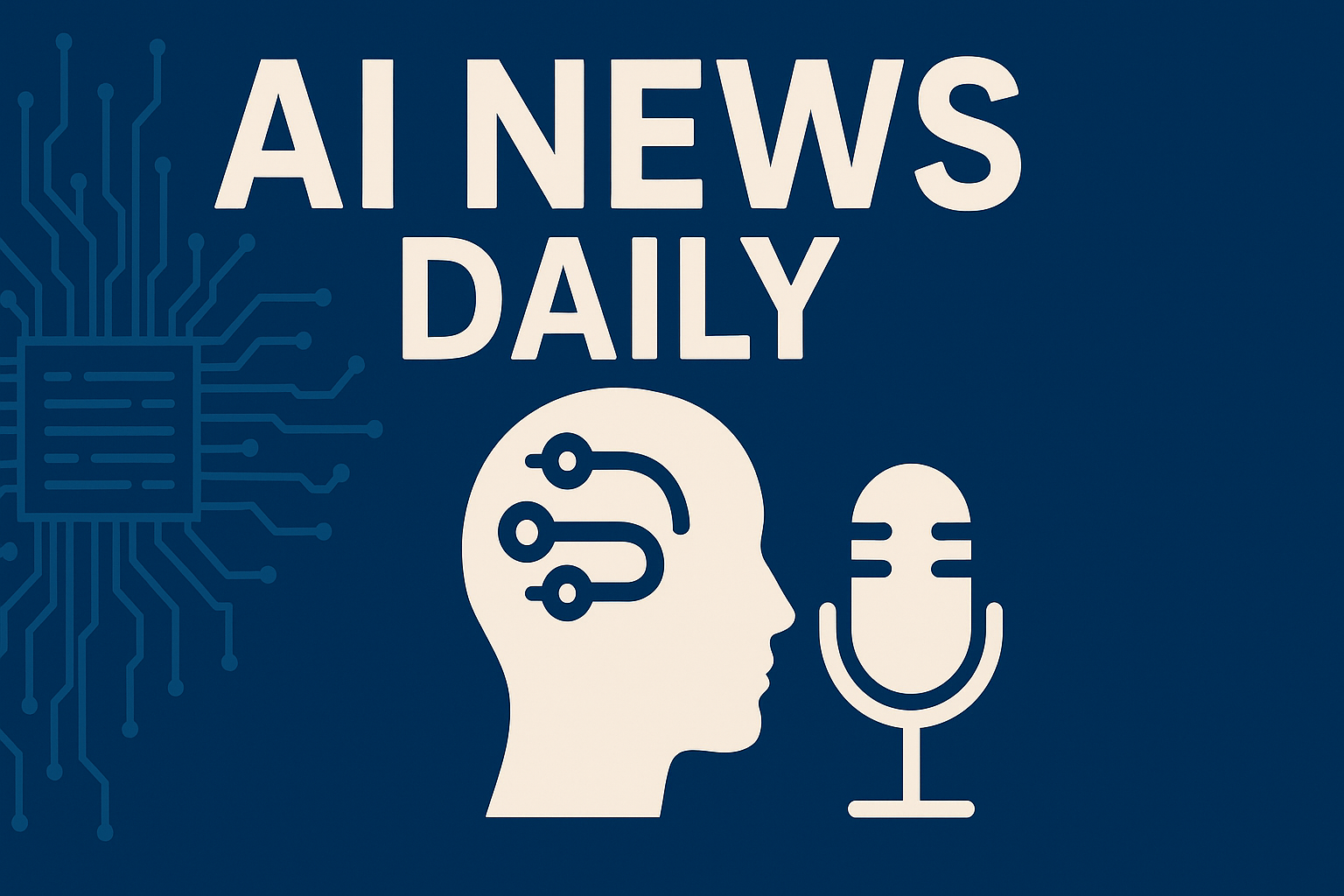Title: Global AI Advances Ignite Innovation, Safety Debates, and Market Shifts Across Sectors
Content:
OpenAI is set to launch GPT-5 in July, promising significant upgrades in coding, speed, and memory that could reshape the competitive AI landscape, intensifying its rivalry with tech giants like Google, Meta, and xAI. OpenAI’s latest large language model recently earned a gold medal at the 2025 International Math Olympiad, underscoring a breakthrough in AI reasoning and problem-solving. This math achievement has driven optimism in crypto and tech stock markets, with AI-linked assets such as NVIDIA and Microsoft attracting investor attention for potential gains. Meanwhile, the viral popularity of new ChatGPT features has put unprecedented strain on OpenAI’s infrastructure, as over a million users joined within hours of launch.
In a bold step into e-commerce, OpenAI is integrating shopping and service booking directly into ChatGPT, potentially disrupting online retail with personalized recommendations and creating new challenges for Amazon’s dominance.
Major advances are also unfolding across the broader AI sector. Google has unveiled open-source AI tools to help Indian farmers optimize crop yields, adapt to climate change, and boost incomes. The company’s Gemini app now offers a powerful image-to-video feature for Pro users, elevating content creation capabilities. Adobe’s Firefly video model has been upgraded with advanced creative controls and third-party integrations, strengthening its position in professional AI media production.
xAI, led by Elon Musk, is responding to controversy over antisemitic outputs from its Grok chatbot by withdrawing the flawed version and increasing ethical safeguards. In parallel, xAI has launched “Baby Grok,” an AI-powered educational app designed specifically for children, featuring robust parental controls and safe, age-appropriate content to promote responsible digital learning.
AI’s rapid adoption in development has brought both promise and criticism. Industry leaders report that 87% of companies now use AI tools in app creation, with 71% considering AI skills non-negotiable for developers. However, a field study by METR found that professional programmers using AI coding assistants completed tasks 19% slower, challenging claims that such tools always boost productivity. Experts warn that over-reliance on AI could erode fundamental coding skills, potentially leading to layoffs and making non-adopters unemployable, while emphasizing the importance of continuous learning and entrepreneurship.
Hugging Face has made strides in democratizing robotics research, releasing a robotics AI model fully compatible with MacBooks. Simultaneously, researchers have flagged a supply chain vulnerability in the company’s Safetensors tool, urging the developer community to enhance AI model security.
Samsung is expanding Galaxy AI to 400 million devices worldwide, integrating advanced AI features into smartphones, appliances, and wearables, and reinforcing its position in consumer-focused AI innovation.
AI’s influence is also reshaping society and creative industries. Nearly three-quarters of U.S. teens report interacting with AI companions for advice and support, highlighting both positive experiences and concerns over privacy and emotional well-being. In film, directors using Google’s AI tools produced “Midnight Drop,” showcasing AI’s capacity to transform rapid-response cinematic storytelling, though the shift raises new questions about copyright and creator compensation.
Significant regulatory pushback is emerging. India’s Kerala High Court has issued sweeping bans on AI-generated judicial orders and AI-powered decision-making in the lower courts, citing concerns around accuracy, privacy, and data security, and mandating that all judicial determinations remain human-driven to maintain public trust and safeguard sensitive information.
In healthcare, safety concerns have been amplified after an AI system in the UK’s National Health Service misdiagnosed a patient as diabetic. The incident has prompted urgent calls for stronger oversight and regulation of AI-generated medical records.
AI research continues to accelerate scientific discovery, as seen in the launch of BioEmu by Microsoft and Rice University. This innovative tool rapidly predicts diverse protein shapes in natural environments, far outpacing traditional simulations, with the potential to transform drug discovery and deepen our understanding of protein functions.
Overall, the accelerating integration of AI is driving transformative advances, unleashing new opportunities across technology, commerce, science, and society, even as it compels urgent debate over safety, ethics, skills, and regulation.
